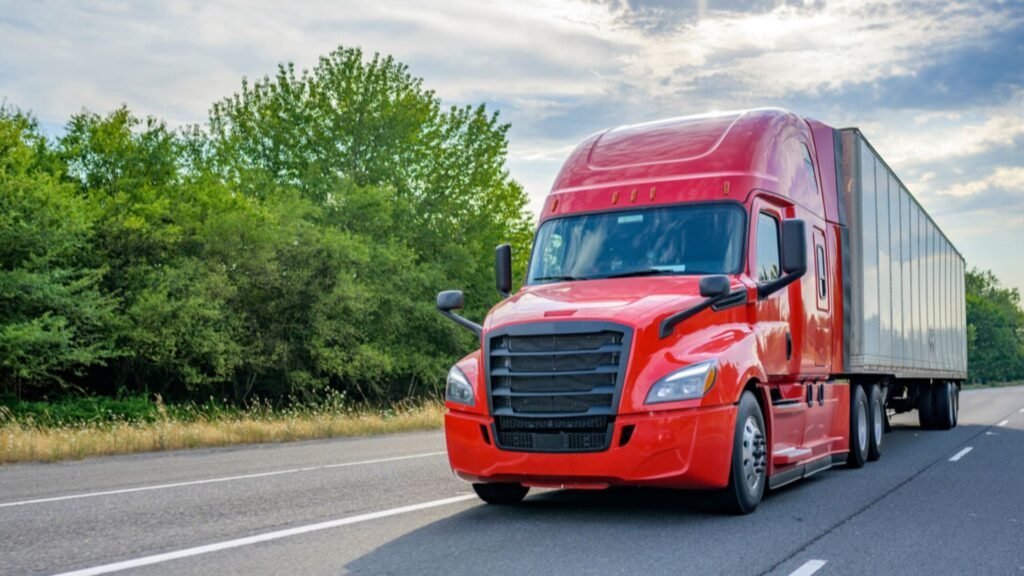Reducing transportation costs is crucial for both businesses and individuals looking to manage their budgets effectively. Whether you’re running a company or simply trying to save on daily expenses, understanding how to cut down on transportation expenses can lead to significant savings. In this article, we’ll share some practical tips for reducing transportation costs that you can apply to various situations.
Optimize Your Route Planning
One effective way to focus on reducing transportation costs is by optimizing your route planning. Using navigation apps with real-time traffic updates helps avoid congested routes and unnecessary detours. By planning the most efficient routes, you can minimize fuel consumption and travel time, leading to lower costs.

Maintain Your Vehicle Regularly
Regular vehicle maintenance is essential for reducing transportation costs. Keeping your vehicle in good condition ensures it operates efficiently and prevents costly repairs. Simple tasks like regular oil changes, tire rotations, and air filter replacements can improve fuel efficiency and extend the lifespan of your vehicle.
Adopt Fuel-Efficient Driving Habits
Changing your driving habits can significantly impact your fuel expenses. For reducing transportation costs, practice fuel-efficient driving techniques. Avoid rapid acceleration and hard braking, as these can decrease fuel efficiency. Instead, drive smoothly and maintain a steady speed to optimize fuel usage.
Consider Carpooling or Ride-Sharing
Carpooling or using ride-sharing services is a practical approach to reducing costs. By sharing rides with others, you can split the cost of fuel and reduce wear and tear on your vehicle. This is not only cost-effective but also helps reduce traffic congestion and environmental impact.
Explore Alternative Transportation Modes
Exploring alternative transportation modes is another way to cut down on costs. For reducing costs, consider options like biking, walking, or using public transportation for short trips. These alternatives can save money on fuel and parking while also promoting a healthier lifestyle.
Implement Fleet Management Strategies
For businesses, efficient fleet management is key to reducing costs. Implementing fleet tracking and management systems allows you to monitor vehicle performance, track fuel usage, and analyze route efficiency. These insights help identify areas for improvement and reduce overall transportation expenses.
Use Energy-Efficient Vehicles
Switching to energy-efficient or electric vehicles can be a long-term strategy for reducing transportation costs. Although the initial investment may be higher, these vehicles often have lower operating costs and can save money on fuel over time. Research available incentives and rebates to offset the purchase cost.
Minimize Unnecessary Trips
Reducing the number of trips you make is a straightforward method for reducing costs. Combine errands and plan trips efficiently to avoid multiple short journeys. This not only helps save fuel but also reduces vehicle wear and tear, leading to lower maintenance costs.
Take Advantage of Discounts and Loyalty Programs
Many fuel stations and transportation services offer discounts and loyalty programs. To reduce costs, take advantage of these offers to save money on fuel and other services. Use rewards cards or apps that provide discounts on fuel purchases or other transportation-related expenses.
Monitor and Analyze Transportation Expenses
Regularly monitoring and analyzing your transportation expenses can help identify areas for cost reduction. For reducing transportation costs, keep track of fuel receipts, maintenance records, and other related expenses. Analyzing this data helps you spot trends and make informed decisions to cut costs.
Reduce Idle Time
Excessive idling can waste fuel and increase transportation costs. For reducing costs, minimize idle time by turning off your engine when parked for extended periods. This simple practice helps conserve fuel and reduces unnecessary expenses.
Upgrade to Fuel-Efficient Technologies
Investing in modern, fuel-efficient technologies can contribute to reducing costs. Technologies like fuel management systems, aerodynamic enhancements, and advanced engine controls can improve vehicle efficiency and reduce fuel consumption.
Optimize Load and Cargo Management
Efficient load and cargo management is essential for businesses looking to cut transportation costs. For reducing transportation costs, ensure that vehicles are loaded optimally to maximize space and avoid unnecessary trips. Proper cargo management helps reduce fuel consumption and transportation expenses.
Educate and Train Drivers
Training drivers on fuel-efficient driving techniques and vehicle maintenance can help in reducing transportation costs. For businesses, investing in driver education programs can lead to more efficient driving practices, improved vehicle performance, and overall cost savings.
Conclusion
Reducing transportation costs involves a combination of strategies, from optimizing routes and maintaining vehicles to adopting fuel-efficient practices and exploring alternative transportation modes. By implementing these tips, you can effectively manage and lower your transportation expenses, whether for personal use or business operations. Regular evaluation and adaptation of your approach will help you continue saving money and achieving greater efficiency in your transportation activities.


